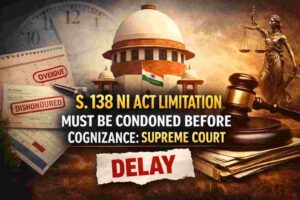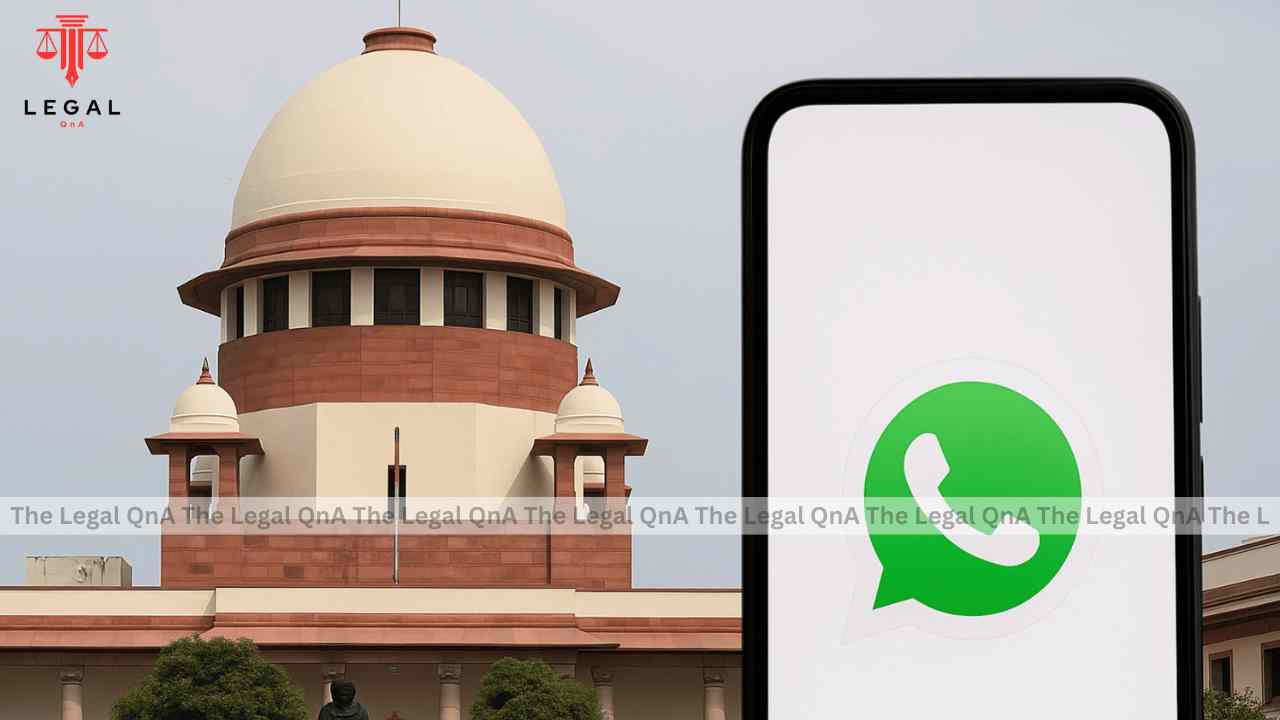The Supreme Court today firmly declined to recognize the service of notice through WhatsApp or other social media platforms while hearing an anticipatory bail plea.
The Bench, comprising Justice Aravind Kumar and Justice N V Anjaria, orally observed that notices must be served in the manner recognized by law and not through digital or social media channels.
The matter arose during the hearing of SLP (Crl.) No. — /2025, Manoj Kumar Mohanty v. State of Odisha & Anr., where the petitioner is facing allegations under Sections 64(2)(f), 351(2), 296, and 3(5) of the Bharatiya Nyaya Sanhita (BNS).
The counsel for the petitioner submitted that the complainant could not be reached personally, and hence, the notice was served through WhatsApp.
At this juncture, Justice Kumar categorically remarked,
“No, no. No WhatsApp or Twitter. Go and serve.”
The Bench clarified that notices must follow due legal process and that social media service is impermissible in criminal proceedings.
When counsel explained that even the Investigating Officer had failed to secure the complainant’s acknowledgment, the Court directed the jurisdictional police to ensure proper service within two weeks. The interim order protecting the petitioner from coercive action shall continue during this period.
It was noted that the Orissa High Court had earlier declined anticipatory bail, observing that there were multiple litigations between the parents and that the complainant, a minor, was allegedly being used as a tool in the dispute. After reviewing the victim’s statement, the High Court had refused relief to the petitioner.
The Supreme Court’s oral observation sends a clear signal regarding the sanctity of procedural law and the inadmissibility of social media as a substitute for formal service of notice.
Party and Bench Details
- Case Title: Manoj Kumar Mohanty v. State of Odisha & Anr.
- Case No.: SLP (Crl.) No. — /2025
- Coram: Justice Aravind Kumar and Justice N V Anjaria
- Court: Supreme Court of India
- Date of Hearing: October 31, 2025















